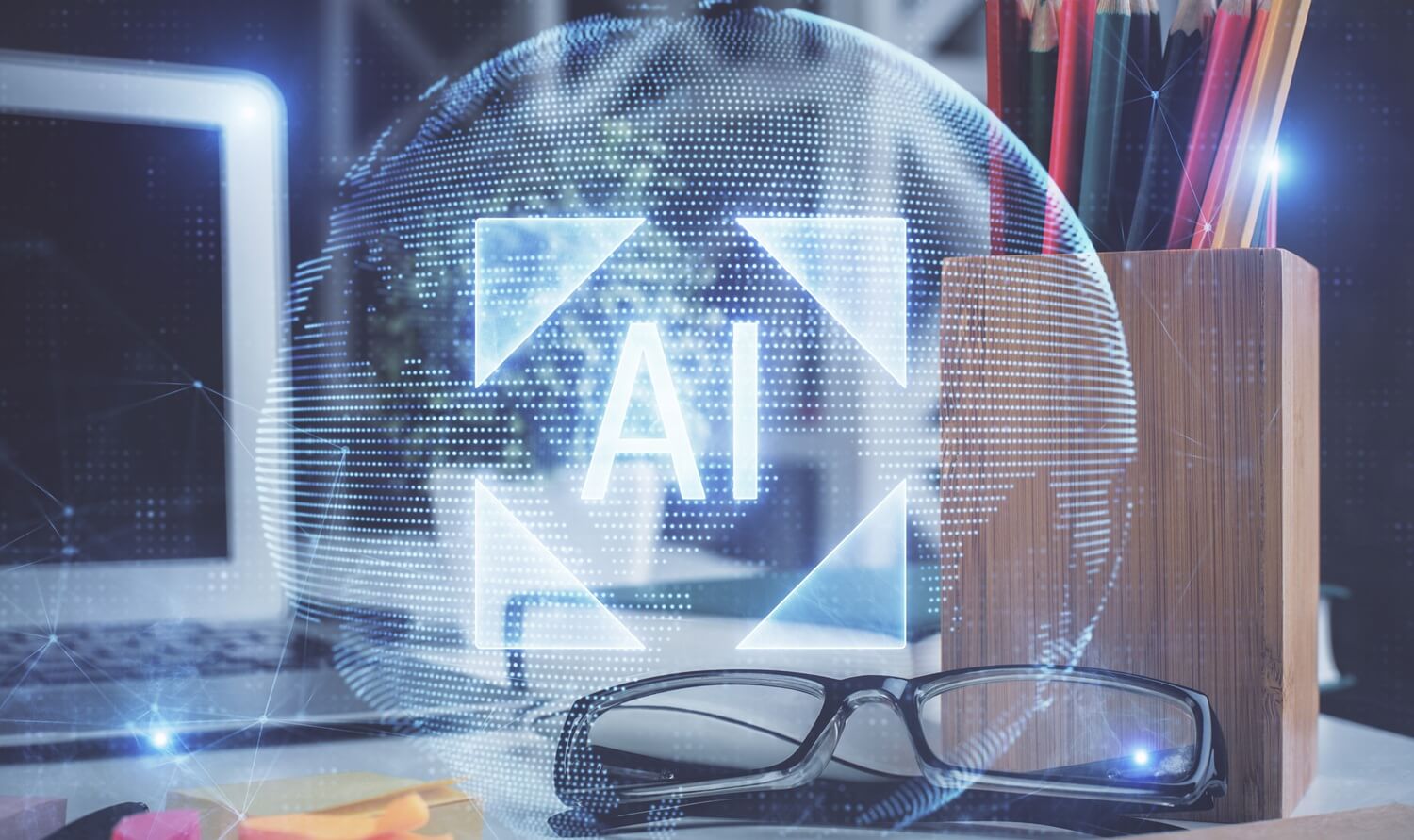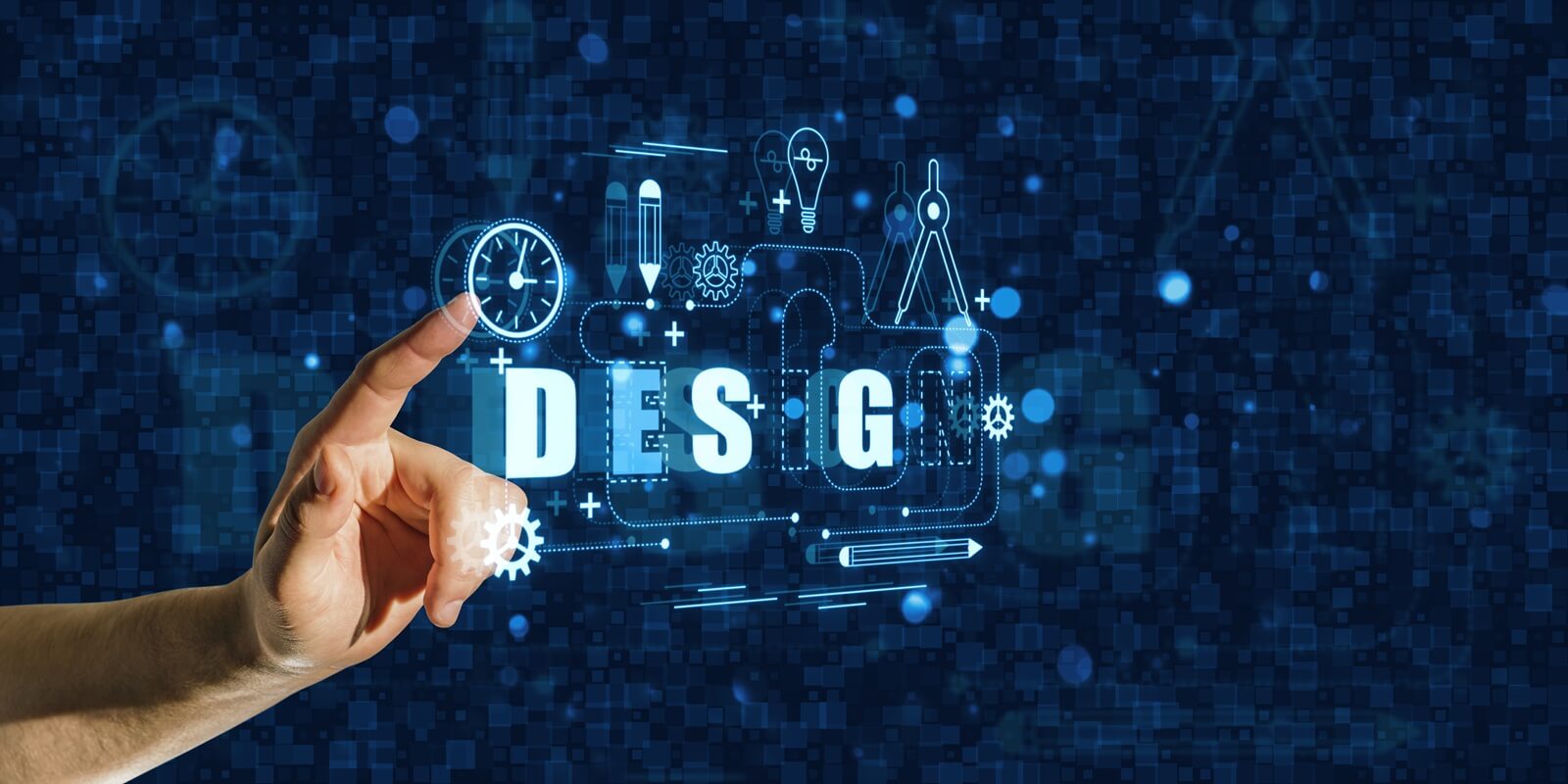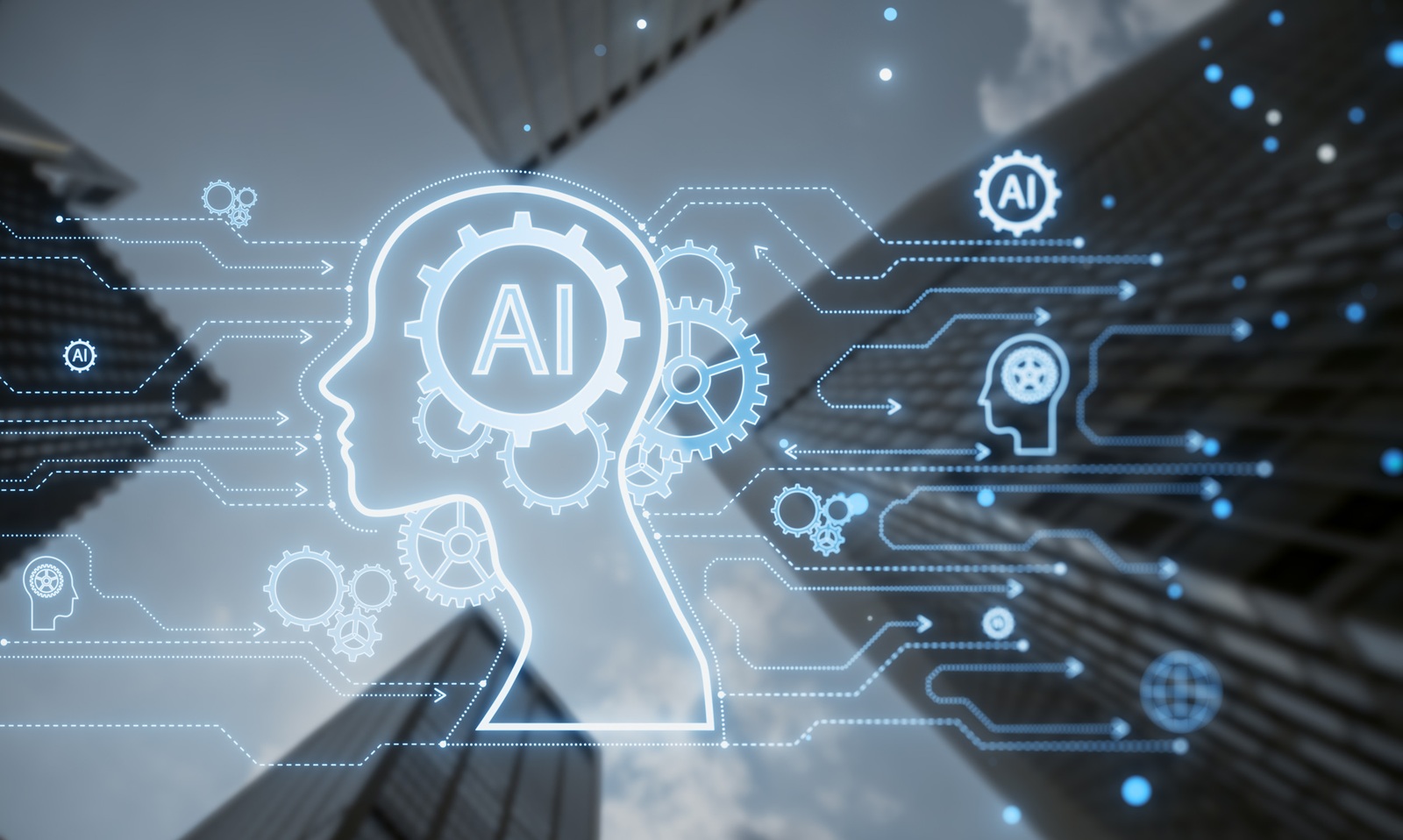Artificial intelligence has revolutionized the accounting by improving efficiency, enhancing compliance, and accelerating decision-making. Yet, the same technology that empowers firms is also being used to undermine them. AI-driven cyber threats are evolving faster than most organizations can respond, creating unprecedented challenges in maintaining data integrity and client trust.
In an era where a single breach can jeopardize years of credibility, AI accounting security has become a strategic imperative. CPA firms must move beyond reactive defense and build systems that are intelligent, predictive, and resilient. The goal is not merely to respond to threats but to anticipate and neutralize them before they occur.
At Stealth Technology Group, we help firms modernize cybersecurity through intelligent, AI-powered defense architectures that unify behavioral analytics, autonomous threat response, and dynamic compliance monitoring — ensuring uninterrupted protection, predictive resilience, and trust across every digital touchpoint.
1. The Changing Nature of Cyber Threats in Accounting
The traditional approach to cybersecurity was built for a simpler time — one where attacks were manual, predictable, and easily detectable. Today, cybercriminals use AI-based automation to launch large-scale, coordinated assaults that learn from defenses and adapt instantly.
Modern accounting firms face threats that exploit behavioral data, social engineering, and automated reconnaissance. AI-generated phishing messages replicate a managing partner’s tone and signature, while deepfake voice calls impersonate senior executives to authorize fraudulent transfers. Meanwhile, self-learning malware adjusts its strategy with every failed attempt, bypassing antivirus systems that rely on static signatures.
The result is a dynamic threat environment that evolves by the hour. For CPA firms managing vast client portfolios and confidential financial data, the implications are severe. Cybersecurity is no longer a technical concern — it is a core element of operational governance. Without AI-level defense, human response alone cannot match the speed or sophistication of modern attacks.
Firms must therefore adopt intelligent security solutions capable of detecting deviations in behavior, authenticating users beyond passwords, and analyzing millions of signals in real time. Only by integrating AI accounting security into every process can they ensure protection that scales with the complexity of their operations.
2. Why Traditional Cybersecurity Fails Against AI-Generated Attacks
Legacy systems rely on rule-based monitoring — detecting known attack patterns and comparing them to past data. However, AI-generated threats do not repeat predictable behaviors. They continuously evolve, blending into normal network activity and exploiting blind spots created by static defenses.
Conventional tools such as firewalls and endpoint protection still have value, but they are reactive by design. They detect only after intrusion. By then, data theft, credential compromise, or financial exposure may already have occurred.
AI-driven attacks are particularly dangerous because they mimic human decision-making. They can clone an accountant’s writing style, simulate keystroke timing, or reproduce voice inflections with near-perfect accuracy. These capabilities render traditional verification methods obsolete.
Key Reasons Traditional Systems Fail:
- Static Detection: Traditional systems rely on known signatures and cannot identify adaptive AI threats.
- Slow Response Times: Manual interventions delay containment and increase data loss.
- Limited Visibility: Fragmented systems provide no unified view of network behavior.
- Reactive Frameworks: Old defenses respond after infiltration instead of predicting risks.
AI accounting security overcomes these limitations by adopting the same intelligence used by attackers. Through machine learning, it analyzes behavioral patterns — such as login frequency, device use, and access timing — to detect anomalies invisible to manual review. Predictive algorithms flag irregularities before damage occurs, reducing response time from hours to seconds.
The future of protection lies in systems that continuously adapt — where defenses evolve with every new attempt, turning each encounter into a learning opportunity.

3. Building an Intelligent Defense Framework
Protecting modern accounting environments requires a layered, data-driven security model that unites technology, people, and process. AI-based defense is not a single tool but an integrated framework combining predictive analytics, automation, and human oversight.
The foundation of this framework is real-time behavioral analysis. By mapping every user’s normal activity profile, AI systems can instantly detect deviations — such as unusual logins, atypical data queries, or anomalous file transfers. When suspicious behavior occurs, automated protocols restrict access, isolate devices, and alert administrators.
Another critical component is adaptive automation, which eliminates the delay between detection and response. Instead of waiting for manual authorization, AI systems execute protective actions autonomously — neutralizing the threat while providing full audit trails for compliance documentation.
Finally, the integration of continuous compliance monitoring ensures that firms maintain regulatory alignment. AI accounting security frameworks can track evolving standards like SOC 2 and ISO 27001, automatically generating alerts when system configurations drift from compliance baselines.
This holistic approach not only prevents breaches but also demonstrates operational maturity — a key differentiator for firms seeking to build lasting client confidence.
4. AI and Human Collaboration: The Core of Modern Cybersecurity
Despite technological progress, humans remain the cornerstone of effective defense. AI may detect threats, but people decide how to respond strategically. Successful firms recognize that AI accounting security works best when paired with informed human oversight.
Accountants, IT leaders, and partners must collaborate to interpret AI insights within business context. For example, not every flagged anomaly is malicious — some may stem from legitimate operational changes. Training staff to understand how AI classifies threats ensures that human judgment complements automation rather than contradicts it.
In parallel, staff awareness programs remain essential. Many breaches originate from human error — a misplaced email, an unverified link, or shared credentials. Regular cybersecurity training reduces these vulnerabilities, while role-based access controls ensure sensitive systems remain available only to authorized personnel.
This collaborative ecosystem — where AI handles speed and pattern recognition while humans provide context and ethics — forms the foundation of sustainable cybersecurity. It aligns technology with accountability, creating a system that is intelligent yet transparent, automated yet governed by human responsibility.
5. From Reactive Defense to Predictive Intelligence
Reactive security strategies wait for incidents before taking action. Predictive intelligence reverses this model. By analyzing behavioral, transactional, and network data at scale, AI systems can forecast potential breaches before they occur.
How Predictive Intelligence Works in Accounting Security:
- Pattern Recognition: AI identifies subtle deviations from normal operations to detect early-stage threats.
- Contextual Analysis: It correlates activity patterns with system history to predict probable outcomes.
- Automated Intervention: When anomalies occur, AI immediately restricts access, resets sessions, and isolates the source.
- Continuous Learning: Each event strengthens the system’s predictive models, reducing false positives over time.
For instance, if a login attempt originates from an unfamiliar region or a user accesses unusually large data sets, AI instantly raises a red flag. The system may trigger multi-factor authentication or lock access until verified.
These predictive insights transform cybersecurity into a strategic capability. Firms can identify weak points before attackers do, allocate resources effectively, and strengthen client trust through demonstrated foresight.
6. Implementing AI Accounting Security Across the Firm
Transitioning to intelligent security requires thoughtful planning. Successful implementation begins with a comprehensive audit of existing systems to identify vulnerabilities, integration gaps, and redundant tools. This assessment informs a roadmap for deploying AI-driven protection in stages — prioritizing high-risk areas like financial databases, cloud storage, and remote access platforms.
The next step is integrating AI monitoring solutions across all digital touchpoints. These systems continuously learn from firm-specific data, refining their ability to distinguish normal behavior from potential threats. Implementation also involves aligning technology with compliance frameworks to ensure every security action supports audit readiness.
Training remains a crucial component. Teams must understand how to interpret AI-generated alerts and respond efficiently. Over time, this synergy of automation and human expertise establishes a culture of vigilance that extends beyond IT — embedding cybersecurity into the firm’s overall governance model.
At Stealth Technology Group, we specialize in helping firms design this transition — deploying adaptive AI accounting security solutions that deliver measurable protection while minimizing operational disruption.
7. Turning Security into a Strategic Advantage
In a profession defined by accuracy, trust, and compliance, cybersecurity is more than risk management — it is a business differentiator. Firms with visible, verifiable security practices attract clients who prioritize data integrity. In an increasingly competitive market, the ability to guarantee protection can be as persuasive as pricing or service scope.
Modern clients expect transparency. Firms that integrate AI accounting security not only prevent breaches but can demonstrate resilience through real-time compliance reporting and documented incident readiness. This visibility enhances reputation, strengthens client relationships, and supports new business acquisition.
Moreover, cybersecurity excellence reduces operational friction. Predictive defense minimizes downtime, preserves data accuracy, and ensures uninterrupted access to mission-critical systems. In short, intelligent security amplifies productivity while mitigating risk — the hallmark of a high-performance, digitally confident accounting firm.
8. The Path Forward: From Defense to Leadership
The future of cybersecurity in accounting is rooted in intelligent adaptability. Firms that treat security as a continuous evolution, not a one-time upgrade, will lead the next phase of the profession’s transformation.
Key Priorities for Forward-Looking CPA Firms:
- Invest in Predictive AI Systems: Tools that evolve with new threats and reduce detection time.
- Embed Security into Firm Culture: Make cybersecurity awareness part of every employee’s responsibility.
- Ensure Regulatory Alignment: Use AI to automate compliance tracking and documentation.
- Adopt Transparent Practices: Share cybersecurity readiness with clients to reinforce trust.
- Balance Automation with Oversight: Maintain human validation of AI-driven decisions.
AI accounting security is not just about protection; it’s about leadership. Firms that embrace this philosophy will set new standards for professionalism and integrity. The path forward is defined by intelligence, agility, and ethical innovation — where technology defends, and human judgment guides.

Executive Summary
Cyber threats now operate at machine speed, outpacing traditional defenses and exposing accounting firms to risks that evolve by the second. To remain trusted custodians of financial data, today’s CPA firms must adopt AI accounting security as a core pillar of resilience, not a supplemental safeguard.
By uniting predictive intelligence, automation, and human expertise, firms can detect anomalies before they escalate, ensure continuous compliance, and maintain the integrity clients depend on. Intelligent security is no longer reactive — it’s anticipatory, adaptive, and strategically essential.
We help firms reimagine cybersecurity as a driver of confidence and competitiveness — safeguarding data, reinforcing reputation, and empowering sustainable growth. Partner with us to build a secure, intelligent, and future-ready accounting firm — where technology anticipates threats, and trust becomes your greatest advantage.




